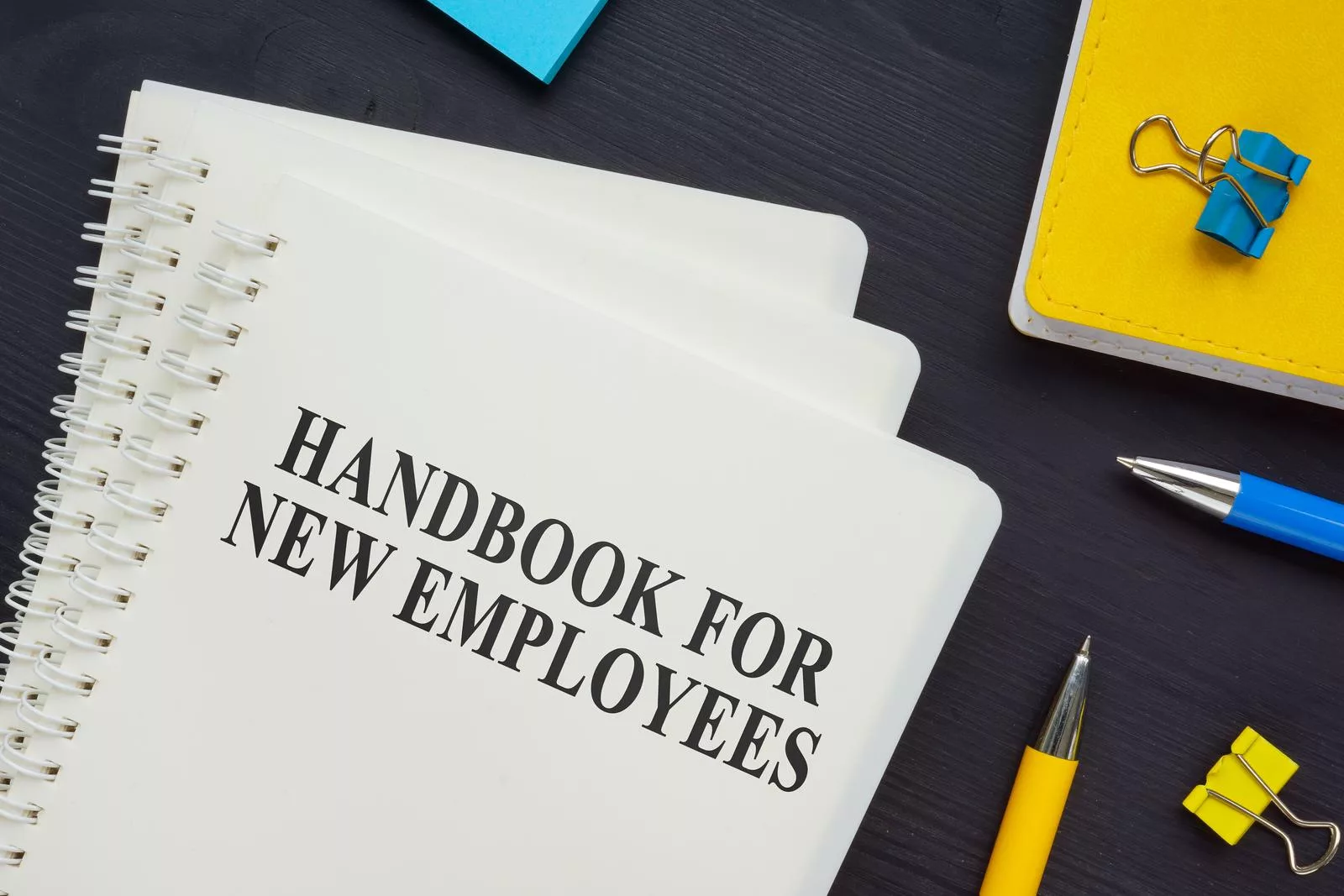Essential Tips for Employers on Creating an Effective Employee Handbook in Florida

As an employer in Florida, you should have a comprehensive employee handbook that outlines the policies and procedures that govern your workplace. An employee handbook can serve as an important tool for managing employee expectations, promoting compliance with legal requirements, and minimizing the risk of disputes or litigation.
Knowing the key requirements and best practices for creating an effective employee handbook in Florida is vital to the success of every business. Hiring an experienced Florida employment attorney to advise you and create a legally compliant handbook for you can make all the difference.
Is an Employee Handbook Required in Florida?
Under Florida law, employers are not required to have an employee handbook. However, if you choose to create one, there are certain legal requirements that you must follow. For example, your handbook should include a statement of your equal employment opportunity policy, as well as any other policies that are required by state or federal law.
Other important policies to consider including in your employee handbook include:
- Anti-discrimination policies: Your handbook should clearly state that your workplace is free from discrimination based on race, gender, age, disability, religion, or any other protected category under Florida and federal law.
- Harassment policies: Your handbook should outline your policy on sexual harassment and other forms of workplace harassment, including the procedure for reporting and investigating complaints.
- Leave policies: Your handbook should include information about employee entitlements to leave your business under state and federal law, including the Family and Medical Leave Act (FMLA) and the Florida Parental Leave Act.
- Safety policies: Your handbook should include policies related to workplace safety, including the use of personal protective equipment and the reporting of workplace accidents or injuries.
What Best Practices Should Companies Consider When Developing Employee Handbooks?
It’s a good idea to consult with an employment attorney when creating your employee handbook to ensure that your policies comply with all applicable state and federal laws. While it’s not legally required to hire an attorney to create or ensure compliance of your employee handbook, it’s highly recommended.
An experienced employment attorney can provide invaluable guidance throughout the process, ensuring that your handbook meets all legal requirements and protects your business from potential legal disputes.
In addition to meeting legal requirements, there are several best practices to follow when creating an effective employee handbook. These include:
- Clearly communicating your policies: Your handbook should be written in clear and concise language that is easy for employees to understand. Avoid using legal jargon or technical language that may be confusing.
- Updating your policies regularly: Your handbook should be updated regularly to reflect changes in state or federal law, as well as changes to your own policies and procedures. It’s a good idea to review your handbook at least once a year to ensure that it remains accurate and up to date.
- Including an acknowledgement form: Your handbook should include an acknowledgement form for employees to sign, indicating that they have read and understand the policies outlined in the handbook.
- Being consistent: Your policies should be applied consistently to all employees, regardless of their position or tenure with the company. This can help prevent claims of discrimination or favoritism.
How Do You Enforce Your Employee Handbook Policies Effectively?
Having a well-crafted employee handbook is only half the battle. It’s also important to enforce your policies consistently and fairly. Failure to do so can lead to legal liability and damage to your reputation; to ensure that your policies are enforced effectively, you should:
- Train your managers and supervisors on the contents of the handbook and how to implement its policies for your business.
- Investigate and respond promptly to complaints of discrimination, harassment, or other policy violations by or about your employees.
- Document all policy violations and the actions taken in response to them.
- Provide employees with a clear procedure for reporting policy violations, and ensure they are not retaliated against for making such reports.
Contact RTRLAW For Legal Assistance Today!
Creating an effective employee handbook is an important step in managing your workforce and reducing legal risk. At RTRLAW, our experienced and skilled employment law attorneys understand how important it is to comply with all legal requirements and to clearly outline your policies and procedures.
Our attorneys can provide valuable guidance and advise you on whether your handbook is legally compliant, consistent, and effective. If you need an employee handbook created, our attorneys can assist you in crafting a custom handbook exclusively for your business that complies with all state and federal laws.
For more information, or to schedule a consultation with one of our experienced employment law attorneys, contact us or give us a call toll free today at 1-833-HIRE-RTR (1-833-447-3787), or email [email protected].


 CALL US NOW
CALL US NOW TEXT US NOW
TEXT US NOW




















